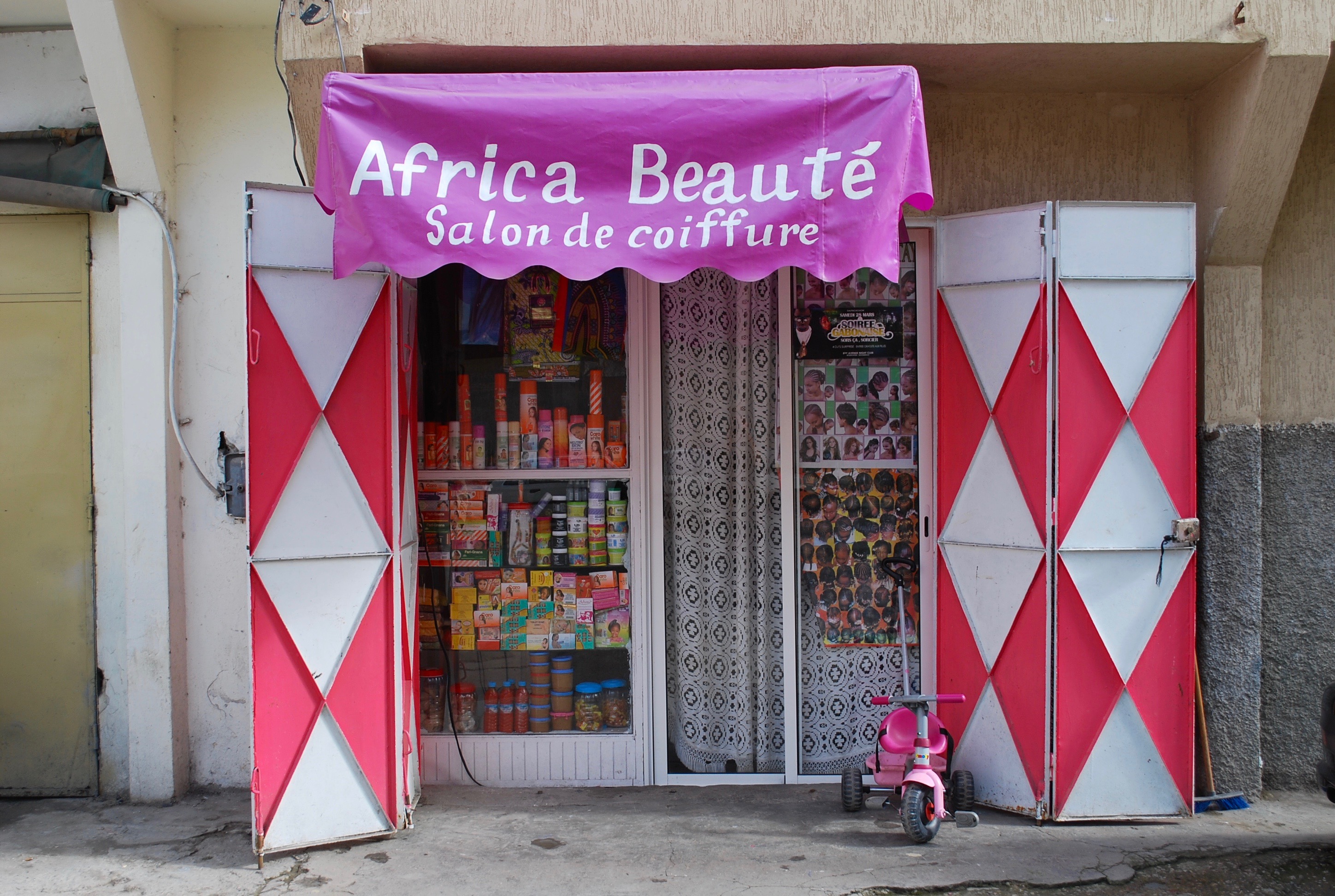Migration and Refugee Policy-Making in Modern Egypt, Morocco, & Turkey
DOI:
https://doi.org/10.24847/55i2018.187Keywords:
Egypt, Morocco, Turkey, policy-making, migration, refugeesAbstract
While coverage of the 2015 refugee crisis highlighted the impact on Europe, countries of the Middle East and North Africa host approximately four times the number of refugees, in addition to millions of migrants. This paper asks: What options do host states in the Middle East and North Africa have for engaging with migrants and refugees residing semipermanently on their territory? It presents a new policy option, “indifference,” that allows us to understand the important transformations taking place in MENA host countries. To examine how indifference might be strategically selected and utilized by host states, the paper draws on data collected over two years in Egypt, Morocco, and Turkey. It finds that these states used a policy of indifference to manage their migrant and refugee influxes throughout the 1990s and 2000s, and also examines the security, diplomatic, and economic factors that led them to begin changing their policies in 2013.
Cover image is a beauty salon run by migrants in the Rabat neighborhood of Hay Nahda. Photo by author (2015).

Published
Issue
Section
License
Copyright (c) 2018 Kelsey P. Norman

This work is licensed under a Creative Commons Attribution-NonCommercial-NoDerivatives 4.0 International License.
Authors who publish with this journal agree to the following terms:
- Authors retain copyright and grant the journal right of first publication with the work simultaneously licensed under a Creative Commons Attribution-NonCommercial-NoDerivatives 4.0 International License, which allows others to share the work with an acknowledgement of the work's authorship and initial publication in this journal.
- Authors are able to enter into separate, additional contractual arrangements for the non-exclusive distribution of the journal's published version of the work (e.g., post it to an institutional repository or publish it in a book), with an acknowledgement of its initial publication in this journal.
- Authors are permitted and encouraged to post their work online (e.g., in institutional repositories or on their website) prior to and during the submission process, as it can lead to productive exchanges, as well as earlier and greater citation of published work (See The Effect of Open Access).
The content of this journal is licensed under a Creative Commons Attribution-NonCommercial-NoDerivatives 4.0 International License.

